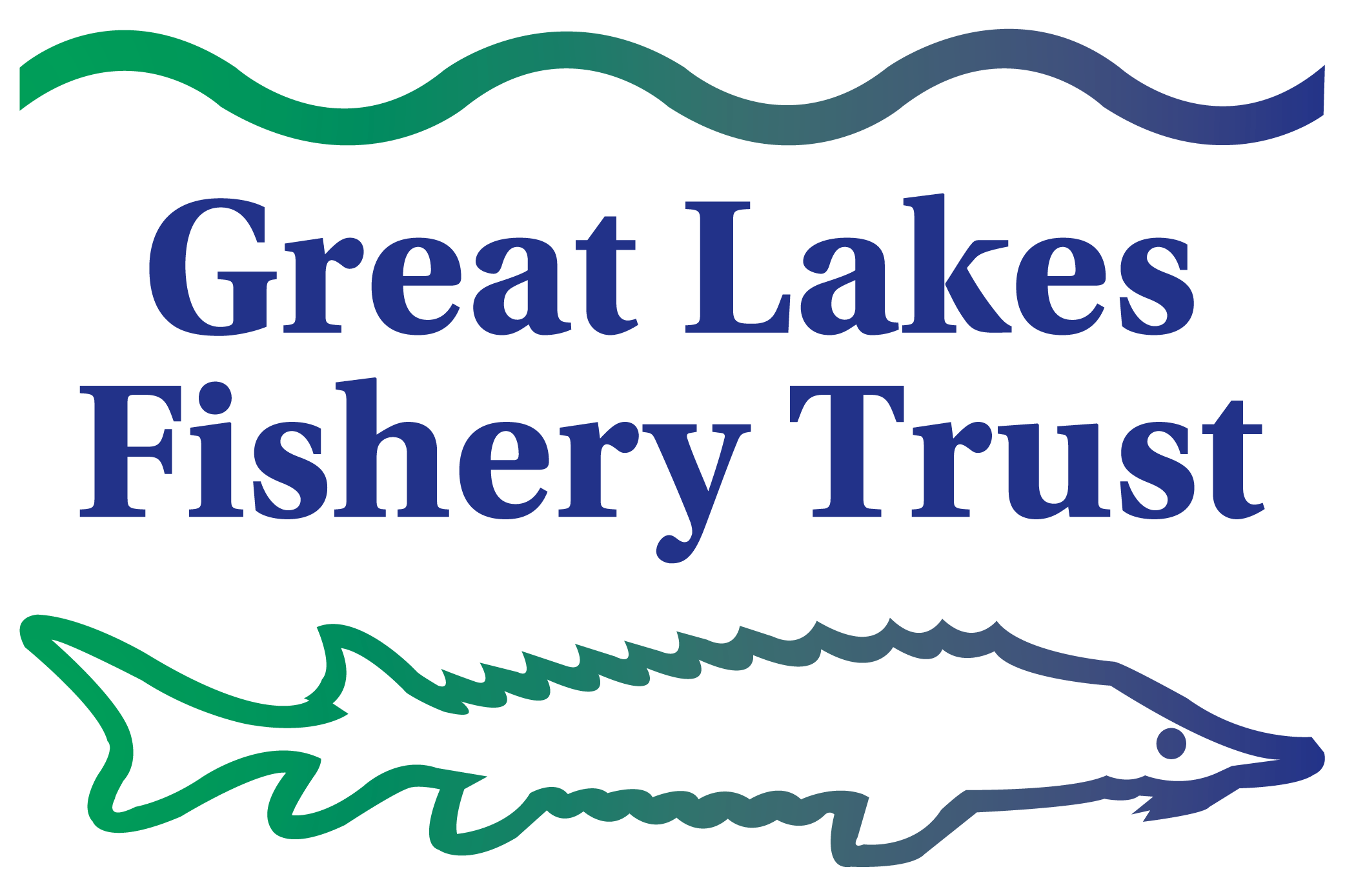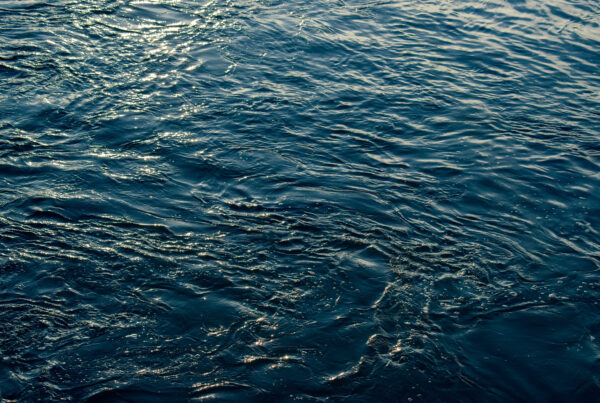Während See-Weißfisch Während die Populationen im größten Teil des Michigansees rückläufig sind, bleiben die Populationen in der Green Bay stabil. Das Verständnis der Geburtsorte der Green Bay-Weißfische könnte Forschern helfen, einzelne Bestände abzugrenzen – ein wichtiges Managementinstrument. Ziel dieses Pilotprojekts war der Aufbau einer mikrochemischen Otolithenbibliothek zur Bestimmung der Geburtsorte von Weißfischen. Dabei wurde festgestellt, dass die Otolithenlarven der Weißfische in erster Linie ihren mütterlichen und nicht ihren Geburtsort widerspiegeln.
Wichtige Erkenntnisse
- Aus den Eiern der Weißfische, die von Weibchen gesammelt wurden, die in einem Fluss gefangen und anschließend in einem anderen Fluss ausgebrütet wurden, schlüpften Weißfischlarven, deren Otolithen eher den Fluss widerspiegelten, in dem ihre Mutter gefangen wurde, als den Ort, an dem sie ausgebrütet wurden.
- Otolithen von Larven der Seemaräne können noch lange nach der Auswanderung vom Brutplatz bis ins pelagische Treibstadium von mütterlichen Einflüssen geprägt sein. Dies liegt daran, dass die Otolithensignaturen von Larvenfischen die Aufzuchtumgebung erst widerspiegeln, wenn die Fische ihren Dottersack vollständig absorbiert haben, was bei Seemaränen etwa 15 Tage nach dem Schlüpfen dauert.
Wichtige Ergebnisse der Forschung zu Weißfischen im See
Diese Studie kommt zu dem Schluss, dass die Mikrochemie der Otolithen nicht zur Bestimmung des Geburtsortes von Seesaiblingen verwendet werden kann, da die Otolithen eher mütterliche als brütende Einflüsse widerspiegeln. Frühere Studien haben Unterschiede in der Mikrochemie der Otolithen bei Gruppen anderer Fischarten der Großen Seen festgestellt, die in unterschiedlichen Umgebungen inkubiert wurden. Diese Studie legt jedoch nahe, dass diese Unterschiede möglicherweise nicht auf Umweltveränderungen, sondern mütterliche Einflüsse zurückzuführen sind. Dies ist eine Warnung vor der Verwendung von Studien zur Mikrochemie der Otolithen zur Abgrenzung von Fischpopulationen in den Großen Seen.
Mehr erfahren
Bei Fragen wenden Sie sich bitte an den leitenden Prüfer, Dr. Patrick Forsythe, unter [email protected].
Haftungsausschluss
Research Notes enthält die Ergebnisse von GLFT-finanzierten Projekten, die zum wissenschaftlichen Wissen über die Fischerei in den Großen Seen beitragen. Die Forschungsergebnisse und Zusammenfassungen der Förderergebnisse stellen keine Billigung oder Stellungnahme der GLFT dar und sollen das Bewusstsein für Projektergebnisse schärfen und Forschern und Fischereimanagern relevante Informationen liefern. Die Forschungsergebnisse sind oft vorläufig und wurden möglicherweise nicht von Experten begutachtet.
Verwandte Lektüre
- Rekrutierungsdynamik von Lake Whitefish und Cisco in den oberen Großen Seen
- Einsatz genomischer Methoden zur Abgrenzung der Weißfischbestände im Michigansee
- Untersuchung der Krankheitsanfälligkeit und ihrer Auswirkungen auf die Rekrutierung von Weißfischen im See
- Fast sechs Jahrzehnte Rekrutierungstrends für Lake Whitefish und Cisco in den Großen Seen





